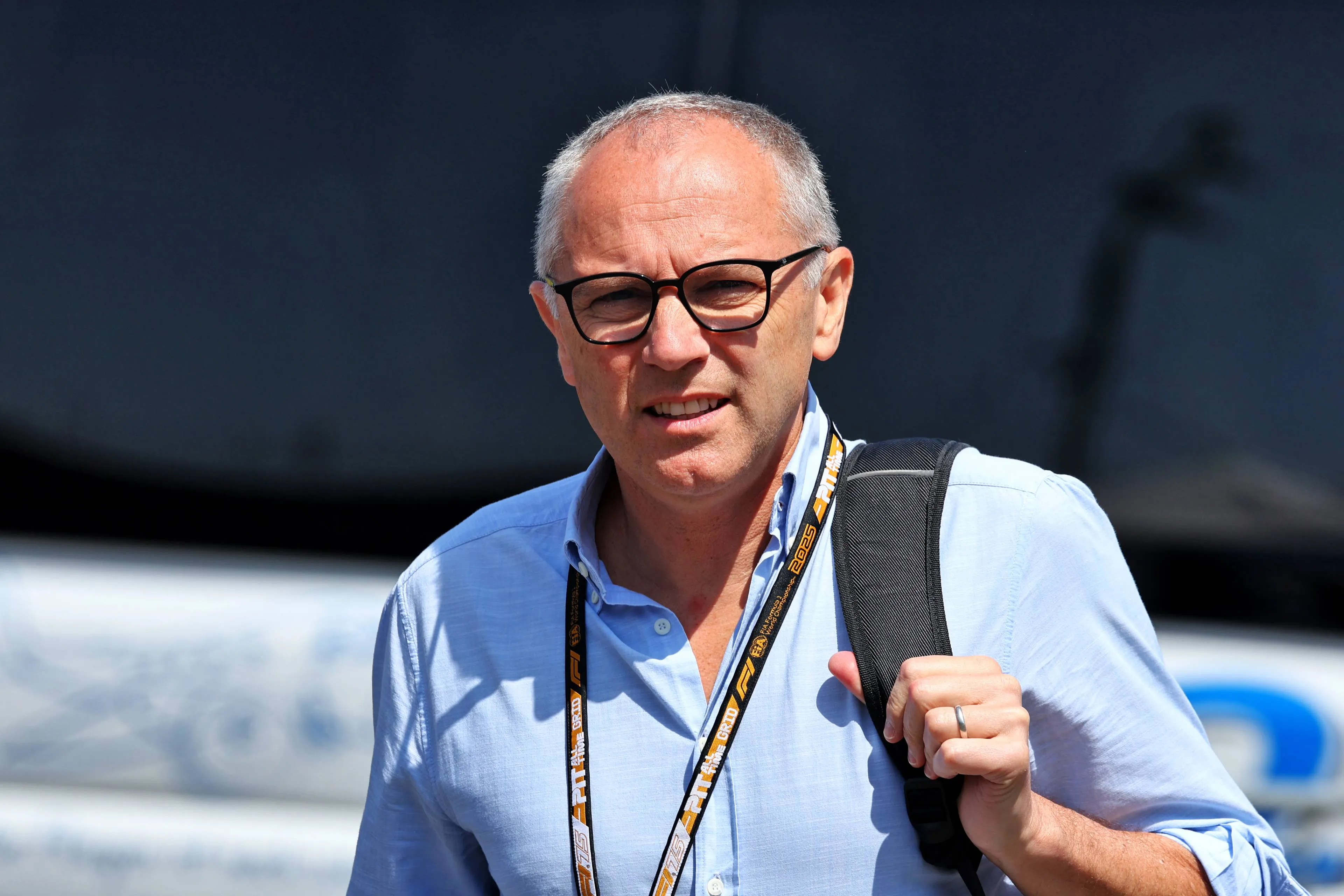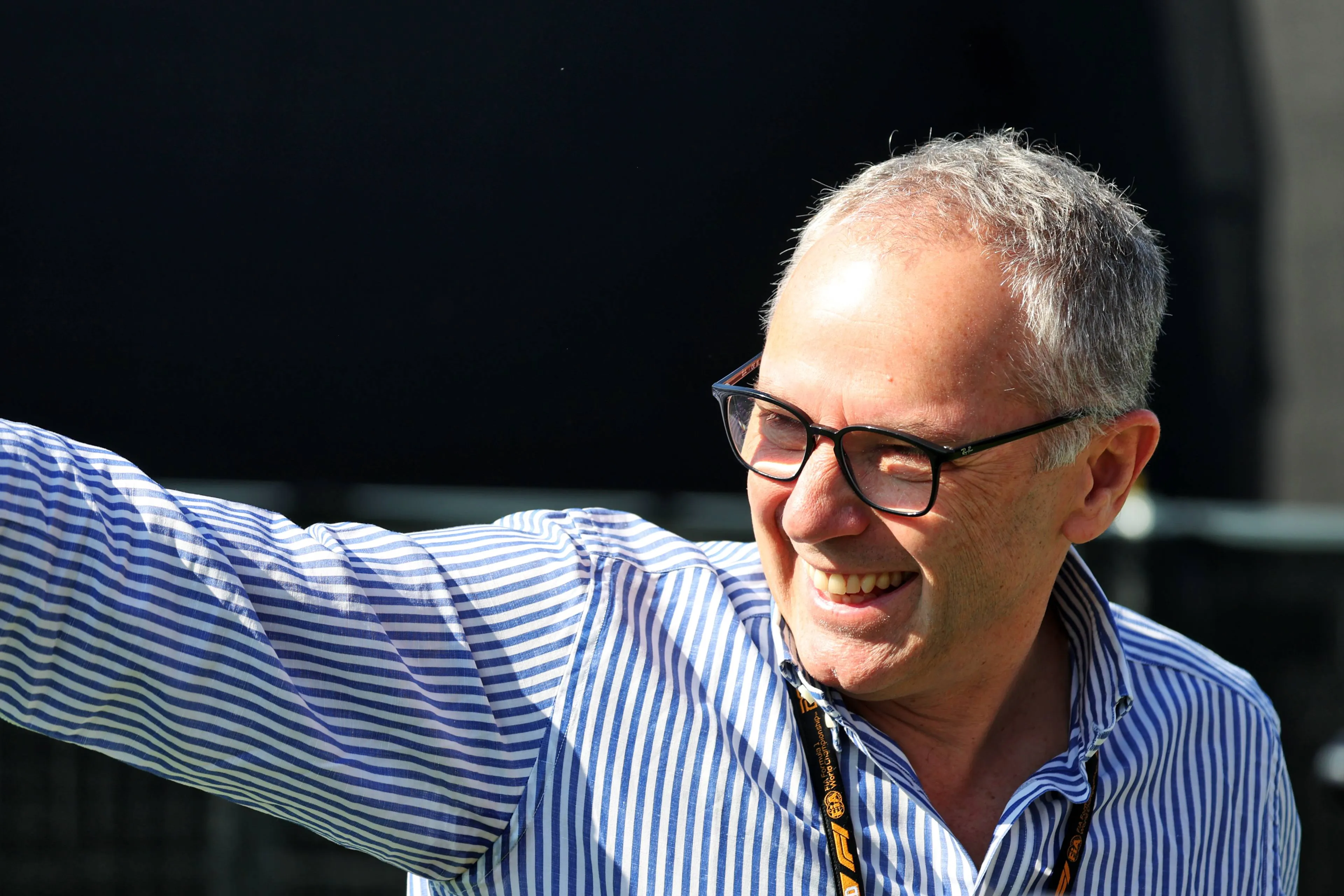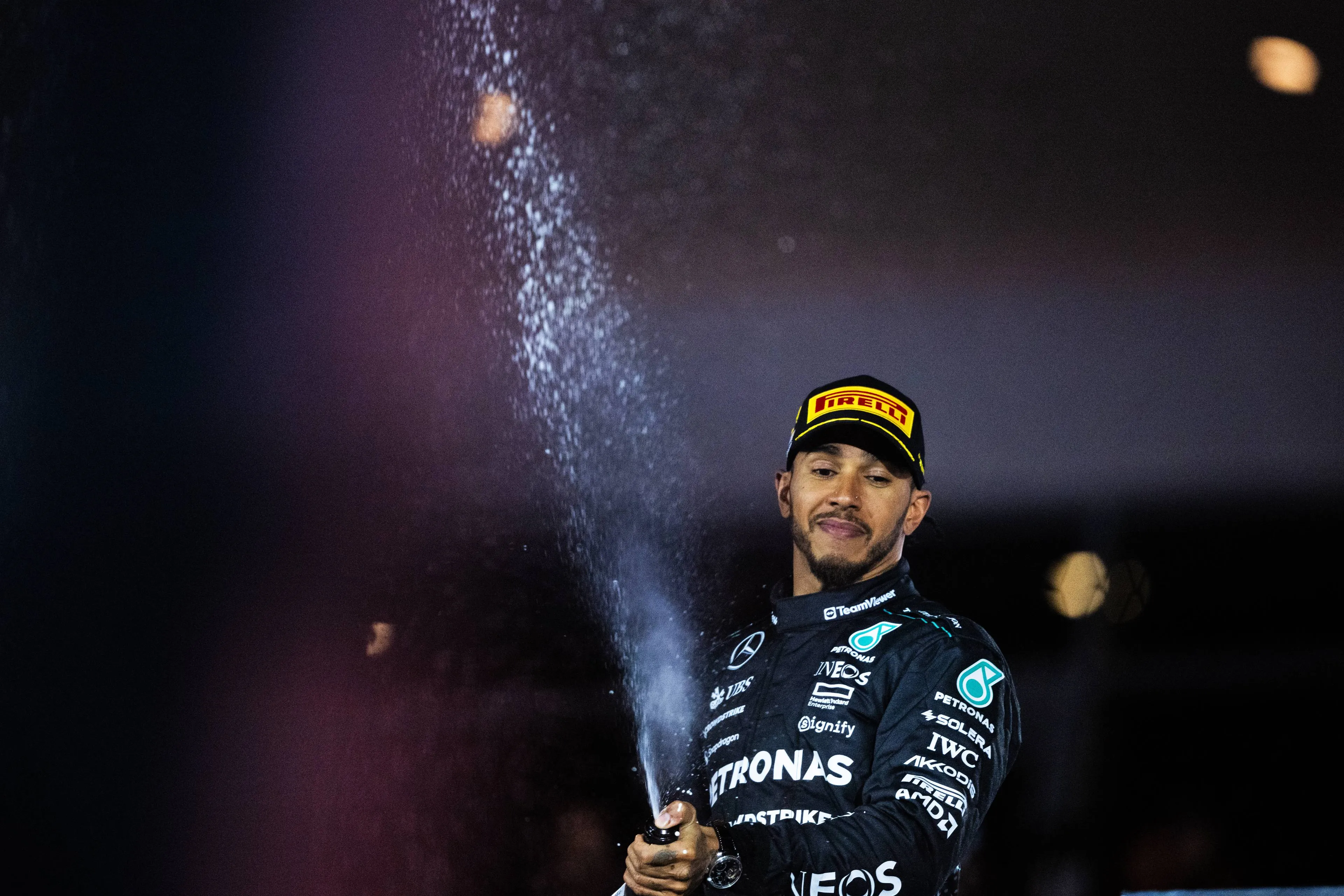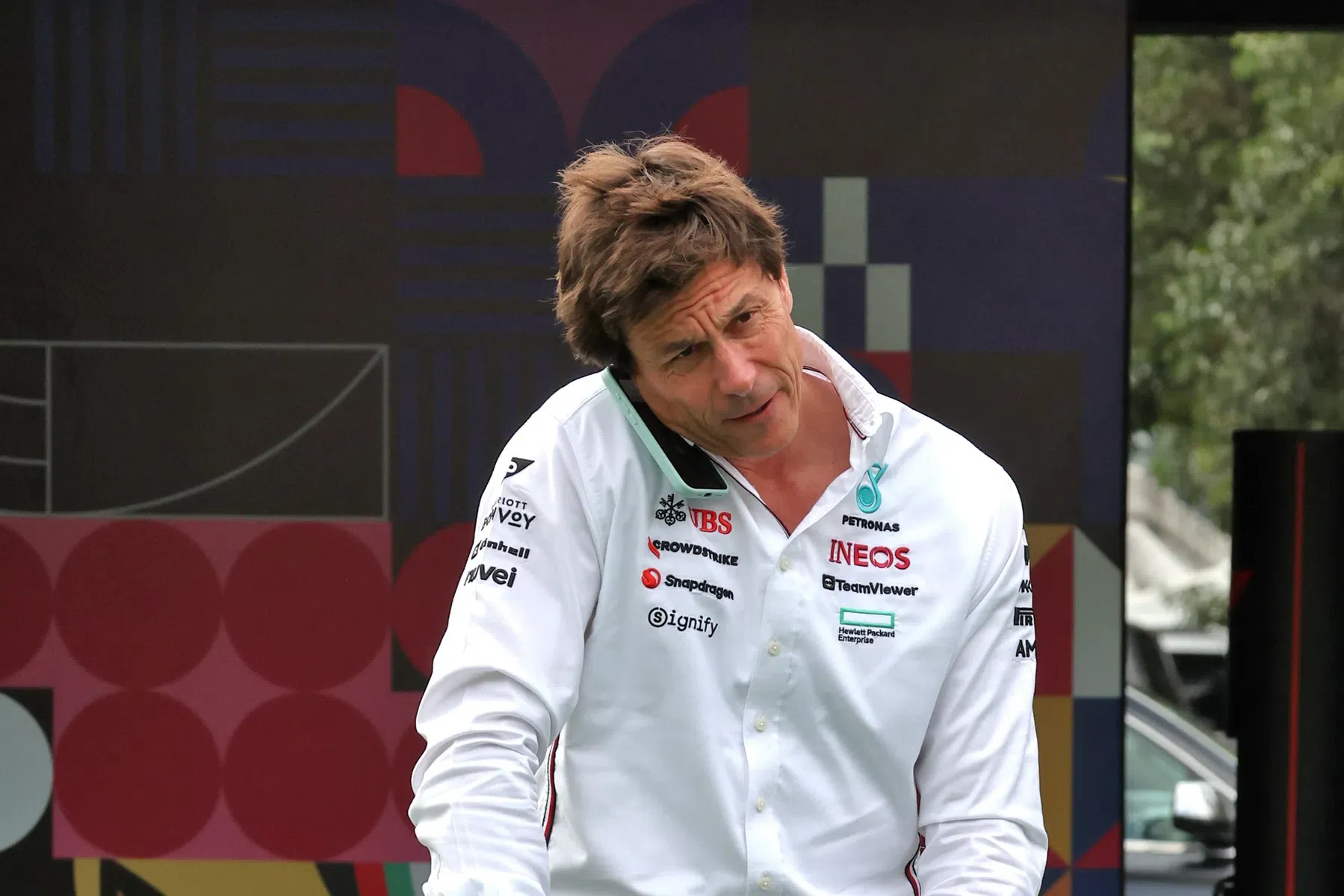Hockenheimring Track guide
The shortening of Hockenheim is still a divisive subject amongst some F1 fans however FIA circuit designer Hermann Tilke’s redesign shortened the circuit from 6.8km to 4.5km.
The first corner at Hockenheim is a sort of double kink to the right, a very high-speed corner. DRS gets activated on the way to T2, a slow right-hander into a very mild chicane in T3 and T4. Into sector two and onto the back straight, which is slightly bent to the right, and the second DRS zone. Speeds over 200 mp/h get reached on the way to T6, a second gear hairpin to the right.
A kink to the right is followed by another very slow corner, a 90-degree left-hander, followed by an S that ends sector two. Turn 12 is a sixth gear, long-winding right-hander, setting up the very slow left at T13. Another mild chicane, followed by a double right hander, and you’re onto the home straight, where there is no DRS.
Race history
It first hosted an official Formula One race in 1970 and became a mainstay on the calendar up until 2006 when it was announced that it would be sharing hosting of the event with the Nurburgring, alternating venue every year.
After 2013, the Nurburgring could no longer afford to host a race and in 2016, Hockenheim briefly fell off of the calendar before being added back in 2018 as the sole host of the German Grand Prix.
Over the years since its completion, the layout of the venue has changed on four occasions, the most recent one taking place in 2002. The shortening of the old circuit that carved its way through the forests made for a car-killer of a circuit but was necessary after F1 bosses called for the track to be modernised.
The 2018 race produced one of the spectacles of the season with Lewis Hamilton taking his fifth German Grand Prix win in dramatic circumstances.
Hamilton’s Mercedes W09 suffered an issue in qualifying which left him down in 14th on the grid while his main championship rival Sebastian Vettel started on pole position for his home race.
Mid-way through proceedings, the heavens opened and, with Hamilton having scythed his way through the field, the pressure was on Ferrari to make the right call in changeable conditions.
Kimi Raikkonen found himself leading the race whilst a faster Vettel was stuck behind and losing valuable time to Hamilton who was flying as the rain began to fall harder.
Ferrari took far too long in allowing Vettel to pass and Hamilton was back in contention for a podium, but matters were only about to get worse for the Prancing Horse.
Whilst leading and with the rain now torrential, Vettel slid off the road in the stadium section and out of the race which Hamilton then went on to win, a season-changing moment that may well have swung all the momentum back to Mercedes from that point onward.
The current lap record around Hockenheim belongs to Kimi Raikkonen, who set a 1:13.780s back in 2004 in the McLaren MP4-19B.
When is the 2019 German Grand Prix?
The race weekend in Germany kicks off Friday July 26th, with Free Practice 1 starting at 11am local time (10am BST, 5am EST). FP2 starts that afternoon at 3pm (2pm BST, 9am EST). On Saturday, FP3 starts at 12pm local time (11am BST, 6am EST), and qualifying for the German Grand Prix takes place at 3pm on Saturday (2pm BST, 8am EST).
The German Grand Prix will start at 3.10pm local time on Sunday July 28th (2.10pm BST, 9.10am EST).
Popular on GPBlog
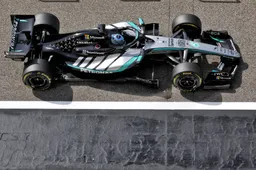
1
'Mercedes in a race against time to have its fuel approved'
2865 times read

2
Red Bull fuel gets the green light, but uncertainty grows around Mercedes ahead of Australian GP
2474 times read
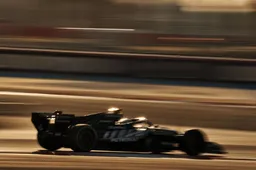
3
F1 LIVE | Mercedes smashes 'benchmark' times, and what's going wrong for Aston Martin
2105 times read
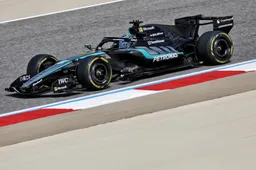
4
Russell smashes Verstappen's benchmark in new race simulations
1518 times read
Loading

